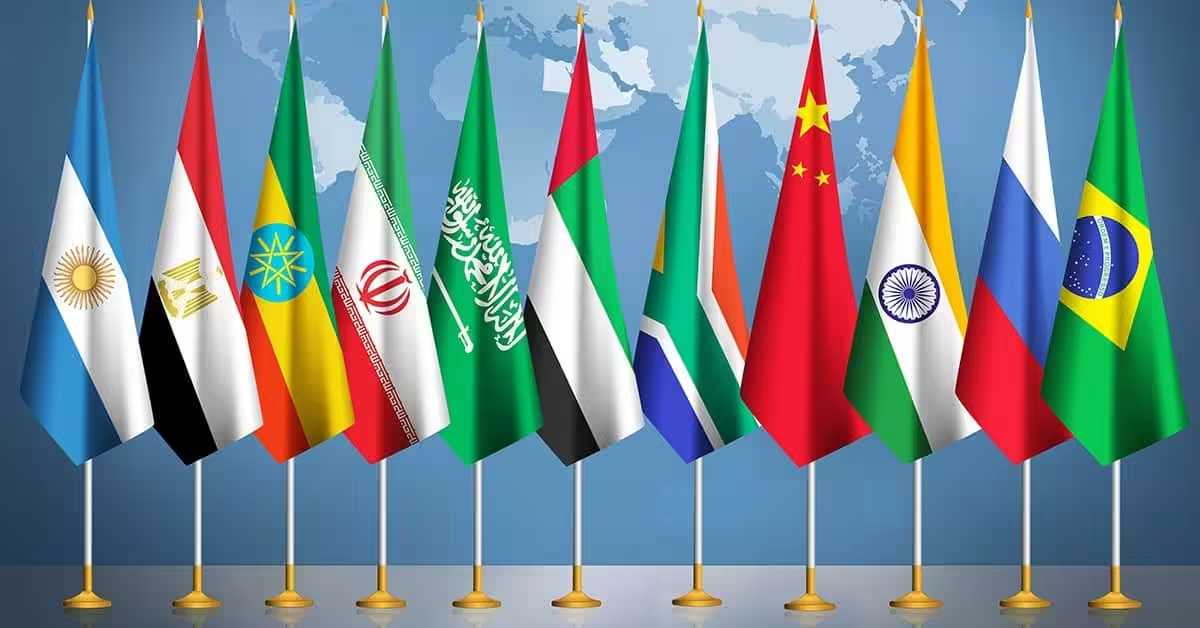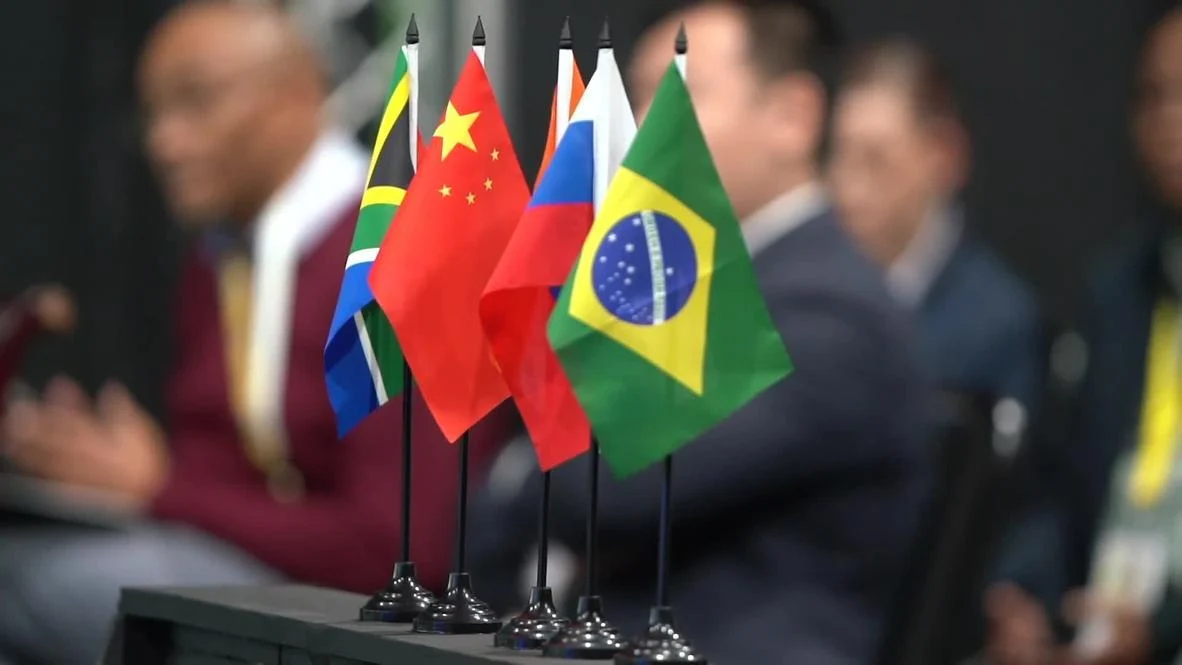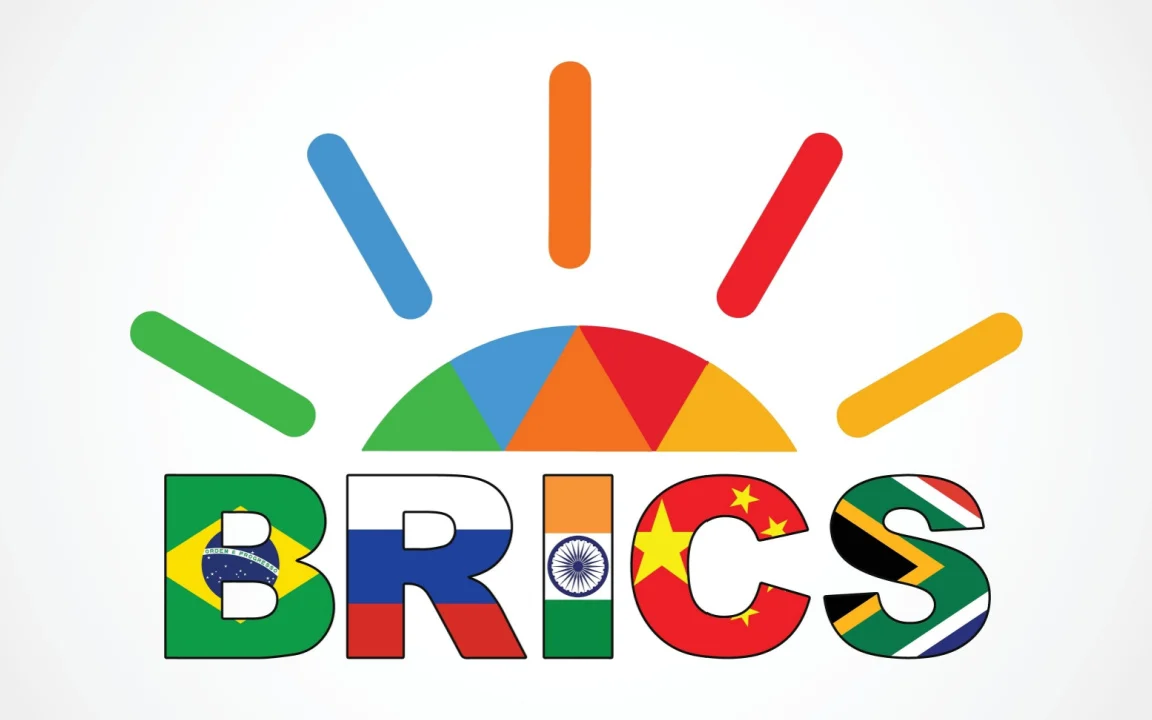|
Getting your Trinity Audio player ready...
|
In a significant development for the global financial landscape, the BRICS nations are gearing up to explore alternative payment systems at their upcoming summit in Kazan, Russia, from October 22 to 24. Russian Foreign Minister Sergey Lavrov announced that a comprehensive report detailing these alternative systems will be presented, marking a critical step toward reducing reliance on traditional payment platforms.
This initiative stems from a proposal by Brazilian President Luiz Inácio Lula da Silva, made during the BRICS summit in August 2023, aiming to pave the way for a more decentralized financial framework among member nations. Lavrov noted that the responsibility for preparing the report lies with the finance ministers and central banks of BRICS countries, ensuring that the discussion is rooted in expertise and a deep understanding of each nation’s economic landscape.
A Shift Towards Dedollarization
Lavrov emphasized the growing trend of dedollarization within BRICS, a coalition that includes Brazil, Russia, India, China, and South Africa. He highlighted that Russia has made substantial strides in increasing the use of national currencies in its trade relations. “With the People’s Republic of China, we carry out more than 90% of our trade in national currencies, without using the dollar. In trade relations with India, this figure reaches 60%,” he stated.
This shift reflects a broader dissatisfaction with the U.S. dollar’s dominance in international trade, a sentiment echoed by other BRICS leaders. Lavrov attributed this waning dominance to U.S. economic policies, which he argues have prompted nations to seek more autonomous financial arrangements.
Implications for Global Trade
The discussions at the Kazan summit could have far-reaching implications for global trade dynamics. By developing alternative payment systems, BRICS nations aim to mitigate the risks associated with dollar dependency, such as economic sanctions and market volatility. This move is particularly crucial for countries seeking greater financial sovereignty amid shifting geopolitical landscapes.
Furthermore, the establishment of a BRICS payment system could facilitate smoother trade relations among member nations, fostering economic collaboration that is less susceptible to external pressures. As global trade continues to evolve, such initiatives could position BRICS as a formidable economic bloc, challenging the traditional financial order.
Looking Ahead
As the Kazan summit approaches, all eyes will be on how BRICS nations articulate their vision for an alternative payment system. The successful implementation of such a system could signify a new chapter in global finance, one characterized by increased cooperation among emerging economies.
In conclusion, the upcoming discussions at the BRICS summit not only signal a commitment to reducing reliance on traditional payment platforms but also highlight the growing desire among member nations to reshape the global economic landscape. As the world watches, the Kazan summit may very well serve as a turning point in the pursuit of financial independence and a more equitable global trade system.
Disclaimer: The information in this article is for general purposes only and does not constitute financial advice. The author’s views are personal and may not reflect the views of Chain Affairs. Before making any investment decisions, you should always conduct your own research. Chain Affairs is not responsible for any financial losses.
A lifelong learner with a thirst for knowledge, I am constantly seeking to understand the intricacies of the crypto world. Through my writing, I aim to share my insights and perspectives on the latest developments in the industry. I believe that crypto has the potential to create a more inclusive and equitable financial system, and I am committed to using my writing to promote its positive impact on the world.




